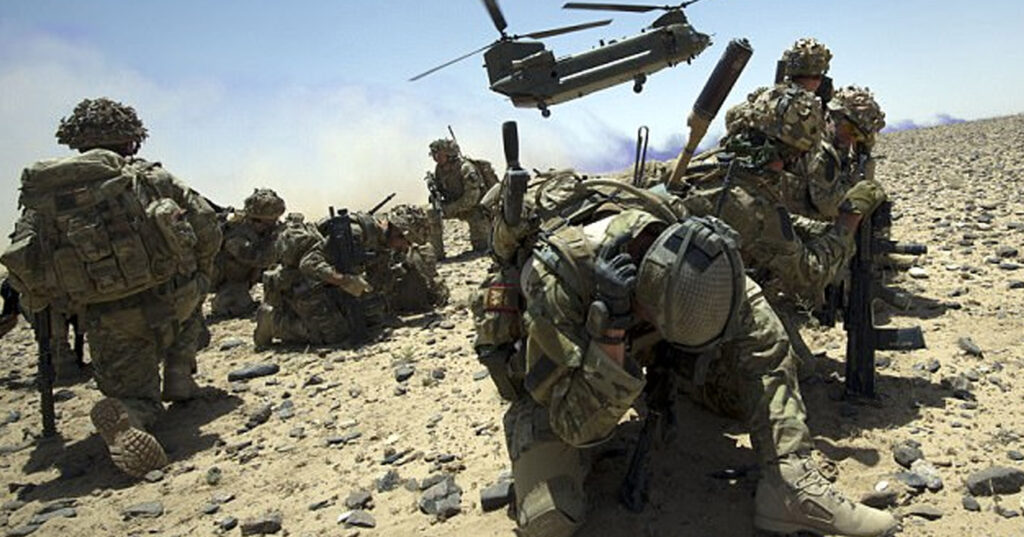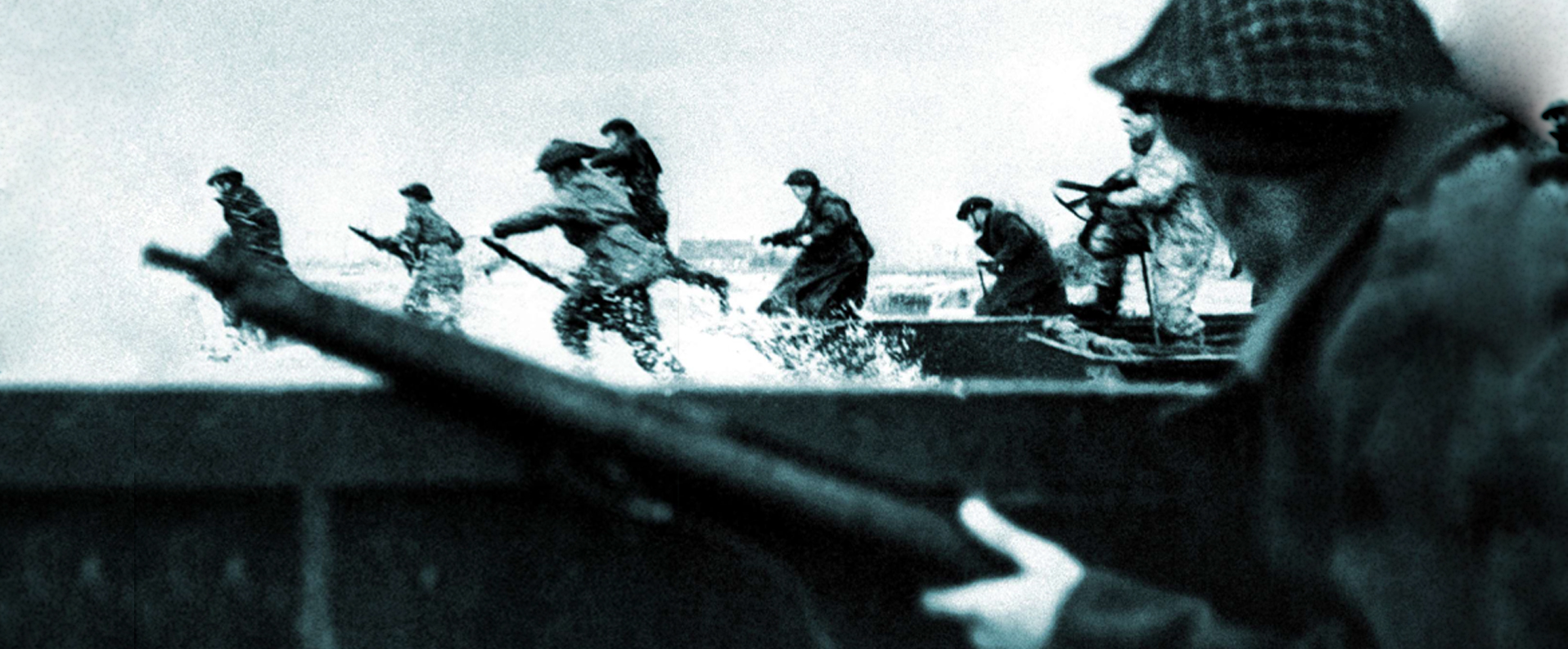
Published in the Daily Mail on 16 October 2017
Ask anyone what first comes to mind when they think of someone who has just left the Armed Forces and you will rightly hear some very positive things: leadership, discipline, comradeship, selflessness, loyalty, even heroism.
But continue the conversation for a few more minutes and things may take a different turn: Don’t they have terrible problems coping with the adjustment to civilian life? And aren’t many of them physically and mentally scarred by their experiences?
A survey I conducted in 2012 found more than nine out of ten members of the public thinking it was common or very common for former service personnel to have some kind of physical, emotional or health problem as a result of their time in the Forces.
Four years later, during the course of my work as the Prime Minister’s special representative on veterans’ transition, I asked the question again.
Since, by then, the UK had ended combat missions in Afghanistan, and the Iraq campaign was long over, I expected to see this figure fall. In fact, it had refused to shift.
I decided to look into this further. New research, which I conducted as part of my annual update to the veterans’ transition review, finds that on average, people estimate that more than half of veterans have a physical, emotional or mental health problem as a result of their time in the military.
More than four fifths of the public think mental health disorders are among the most common problems faced by those leaving the Forces – many more than mentioned problems adjusting to a civilian environment or finding a good job.
A similar proportion believe mental health problems are more common among veterans than among the population in general. Majorities also thought suicide, divorce and alcohol addiction were also unusually prevalent among former service personnel. Those aged 18 to 24 were by far the most likely to think all of these things.
Many in our research said they would be hesitant about employing someone who had been in the Forces. Certainly, they would probably have a can-do attitude, specialist skills, the ability to deal with pressure and determination to get the job done without complaining.
But even if they showed no signs of having been damaged by their service, there might be something ‘there under the surface, bubbling away, and it might be years later when it comes out’.
Some worried ‘there would be a trigger factor, something that would just trigger anger’ or ‘the door could slam and bring something back’.
These things are always said with sympathy, and gratitude for the sacrifices that those in the Forces make for the country.
But the truth is that in this area there is a staggering gap between public perceptions and reality. Of course military service can be a dangerous occupation, and some will need extra help after they leave the Forces. They deserve the very best we can give them.
But the great majority of former service personnel go on to lead normal, healthy, productive lives. They have a vast amount to offer, and the idea that they are likely to be damaged is simply wrong.
Take the figures on mental health. The King’s Centre for Military Health Research, the most respected body in the field, puts the rate of post-traumatic stress disorder in the military population at 6 per cent, up from 4 per cent ten years ago – compared to a rate of 4.4 per cent among the public as a whole.
Moreover, their research finds that half of PTSD cases in the Forces are not related to deployment but to things like road-traffic accidents, just as they often are among civilians.
And contrary to popular belief, suicide is less common among the military population than the general public.
The employment rate for service leavers six months after their departure is higher than in the UK as a whole.
And the best evidence – again contrary to what many people think they have heard – is that veterans are less likely to go to prison, not more.
We asked people where they got their ideas about former service personnel.
TV documentaries were top of the list – but films, dramas, and even charity campaigns often give the impression, albeit with good intentions, that serious problems are more widespread than is really the case. And these misconceptions matter.
The false idea that those who have served are likely to be damaged creates an unnecessary extra hurdle for those returning to the civilian world, trying to find a job and get on with life.
It also makes it harder to recruit people into the Forces in the first place.
That is why, in my latest recommendations on veterans’ transition, I have urged the Government to take action to set about changing these misguided views.
It will take time, high-level leadership, sustained effort, a good deal of imagination, and expertise from outside Whitehall. But it must be done.
For our former service personnel to be seen as victims does them an injustice, and hinders rather than helps their prospects. It’s time to set the record straight.
Read this article on DailyMail.co.uk
For more information, visit:
LordAshcroftPolls.com


